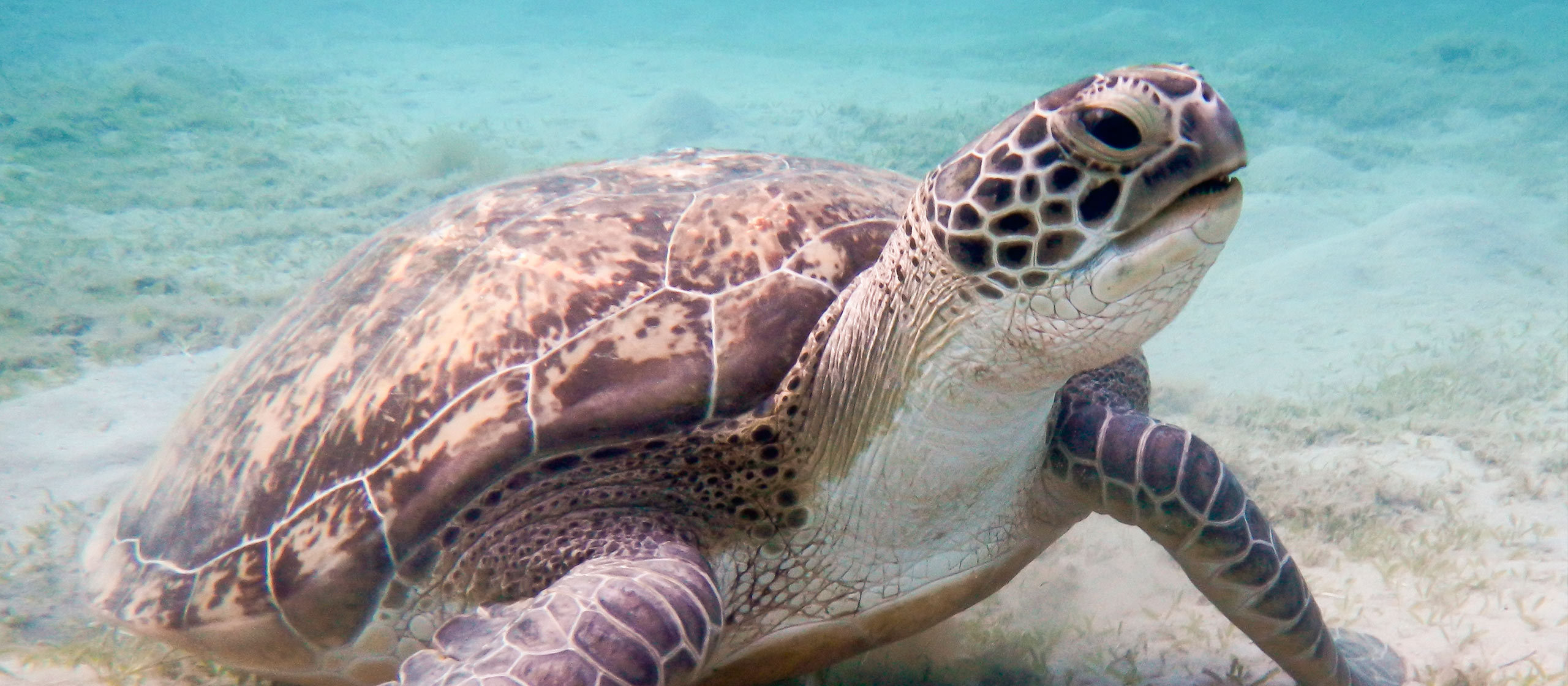Features
Green Bubbles and the sustainability of diving
Since the mid-1980s recreational diving has surged in popularity with up to a million certifications issued each year. An activity where humankind meets nature can have positive as well as negative effects. On the one hand, diving promotes ocean stewardship, contributes to scientific research, and encourages personal development. On the other, conflicts can occur with communities that depend on our oceans and beaches for sustenance, income from tourism, and often simply a certain quality of life.
Therefore, almost one year ago, the EU funded the so-called Green Bubbles (GB) project which purpose and overall goal it is to make diving more sustainable. The three main stakeholders – divers, professionals, and operators – will accomplish this by identifying the environmental, economic and social impacts of recreational diving as well as developing and marketing innovative products and thus finding new ways to enhance its positive impacts while reducing the negative ones. The project’s duration is planned for 4 years and we are about to start the second project year in the beginning of 2016.
Two main areas will be the keystones for the study:
Ponta d’Oro in Mozambique around Sodwana Bay is home to a high-latitude coral reef complex. This MPA (marine protected area) is zoned to reduce the impact of diving. It receives up to 80,000 visits by divers in any given year.
The Portofino MPA was established in 1999. It is located in the northwest Mediterranean Sea, and hosts up to 60,000 divers per year. This area contributes about 50% of the gross added value for European marine and coastal tourism.
Green Bubbles has identified the following major areas of concern:
Invented in the 1940s and advanced in the 1980s, SCUBA gear made it easier and less expensive to engage in diving as a recreational activity. Among the inhomogeneous group of divers, not everyone cares about the potential impact on the environment.
So far, the group of divers and the diving system has never been studied. Technical divers, for instance, are very specialized and highly committed to diving. Little is known about the “human” aspect of professionals and operators and in which way their motivation affects the level of service they provide and to what extent they influence positive environmental impact and sustainability.
By diving divers can negatively impact the marine environment and cause resentment in the communities where they dive. This can be caused by inexperience, certain activities and lack of knowledge.
Indisputably, diving can bring huge economic benefits to communities but can also cause social conflicts between divers and locals such as fishermen. This is particularly problematic in developing countries. Strategies are needed to protect the interests of all concerned.
There are different management approaches in order to minimize or avoid the negative impacts of mass diving. “Hard” measures could be closing areas, setting quotas, or levying fees. “Soft” measures may be raising awareness through education. Green Bubbles tries to identify the appropriate approach by finding out how operators and clients can be motivated, whether it is by shared goals, regulations, or fear of public censure.
Military and commercial diving has always been subject to strict rules, requiring significant training and a high level of fitness. The standards of recreational diving are considerably lower. GB tries to identify measures to increase the diving safety standard for recreational diving.
Diving technology has greatly improved. Dive computer technology is a significant element in professional and recreational diving. Soon smartphones will be part of it too. There are also significant advances in the “gamification” of diving. Technology can be used here to support education and safety management.
Diving is educational by experiencing nature on a very personal level. It has the potential for Ocean Literacy (OL) and should be introduced into schools and universities.
Lately, Citizen Science (CS) has become quite popular. Through CS the research community interacts with non-scientists that offer themselves as research volunteers.
Much diving research relates to coral reef areas. However, there is different impact of diving to colder areas – environmentally and economically. Failure to consider non-tropical environments means that scientific study and conservation efforts may be neglected. Green Bubbles promotes research that goes beyond coral reef areas.
The Green Bubbles project is a completely new approach to diving research. Never before has the EU diving system been thoroughly assessed nor diving been considered as a system with components and interactions and been studied by so many different disciplines (social, marine, sustainability, business & marketing sciences, ecological economics, medicine/physiology, risk management, IT & engineering, gamification, education and pedagogy), joining their individual strengths in synergy.
DAN Europe and Green Bubbles envision a future where divers, professionals and operators will practice responsible diving as a standard to which everyone aspires and meets, and teach Ocean Literacy as well as cooperate through Citizen Science.
Green Bubbles is expected to function as a blueprint for future environmental, economic and social sustainability in the dive industry and will become synonymous with environmental stewardship, social responsibility and diving safety.
Visit the GB website or contact the GB team by email:
[email protected] or follow GB by social media
- #GreenBubblesRISE
- #GreenBubblesproject
- #sustainable#diving
Contact DAN directly:
DAN Europe is one of the nine GB partners:
Academic:
- Università Politecnica delle Marche (Italy)
- DAN Europe (Malta)
- Stichting NHTV Internationale Hogeschool Breda (Netherlands)
- NWU (South Africa)
Non-academic:
- Studio Associato Gaia snc (Italy)
- UBICA srl (Italy)
- INNOVASUB (Turkey)
- College of Exploration (USA)
- DAN Southern Africa (South Africa)

